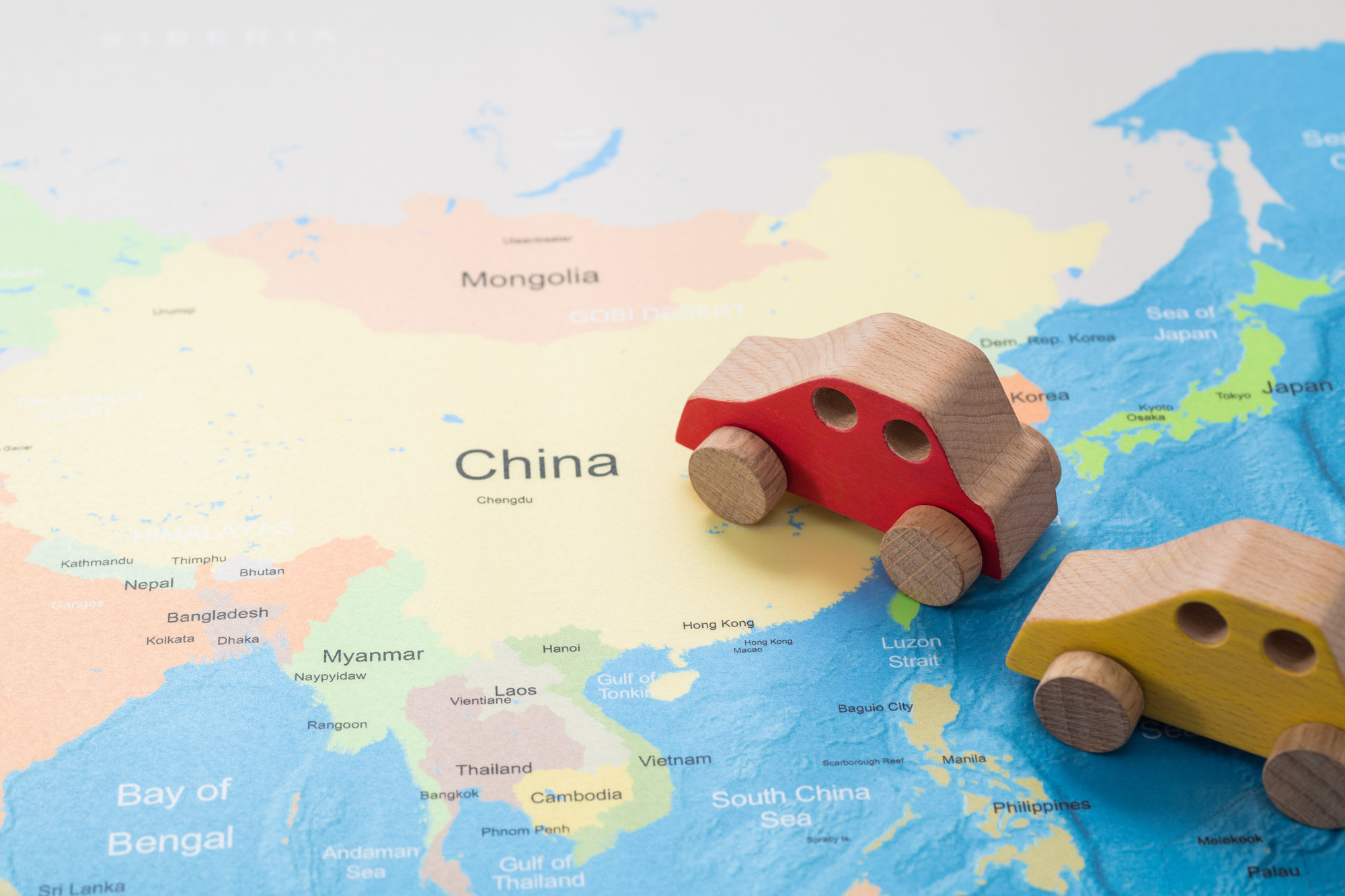2020/10/29
Intensifying US-China Conflict and Southeast Asia in the Midst of the Novel Coronavirus Crisis by OBA Mie (Professor of Kanagawa University)
The novel coronavirus (COVID-19) pandemic has proved to be a major test for the world, and the Association of Southeast Asian Nations (ASEAN) countries are no exception. In addition to the increasing number of people who have been infected with and died from COVID-19, the pandemic has placed enormous burdens on the countries of the world in the form of economic stagnation due to the interruption of trade, investment, and human movement, as well as in the form of worsening economic circumstances caused by major financial outlays that were made in order to compensate for economic losses. Thus, the world is experiencing what has come to be referred to as the "coronavirus crisis." In the midst of this crisis, the US-China conflict has intensified, and, as a result, both the United States' and China's involvement in Southeast Asia has increased. Thus, the ASEAN countries have found themselves in an unprecedentedly difficult environment in which they are forced to proceed with their development of a well-balanced diplomacy, which entails maintaining their relationships with the major powers, such as the United States and China, while simultaneously preserving diplomatic independence by ensuring that there is distance between themselves and the major powers.






